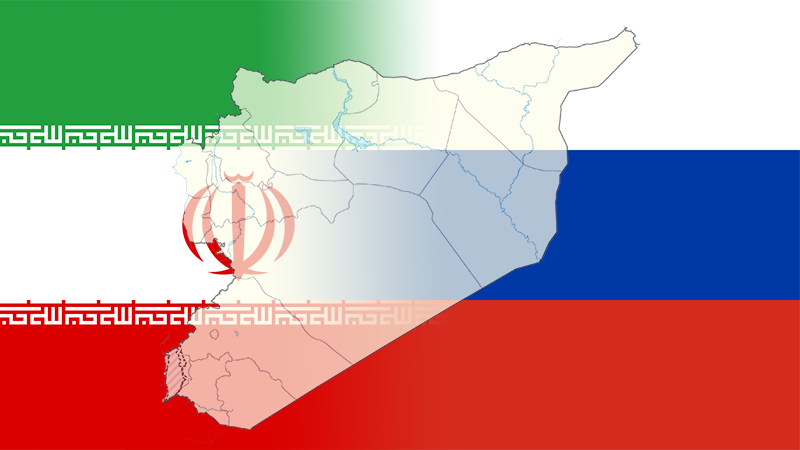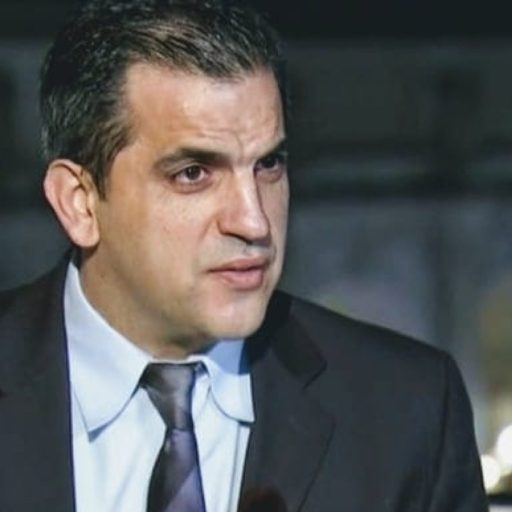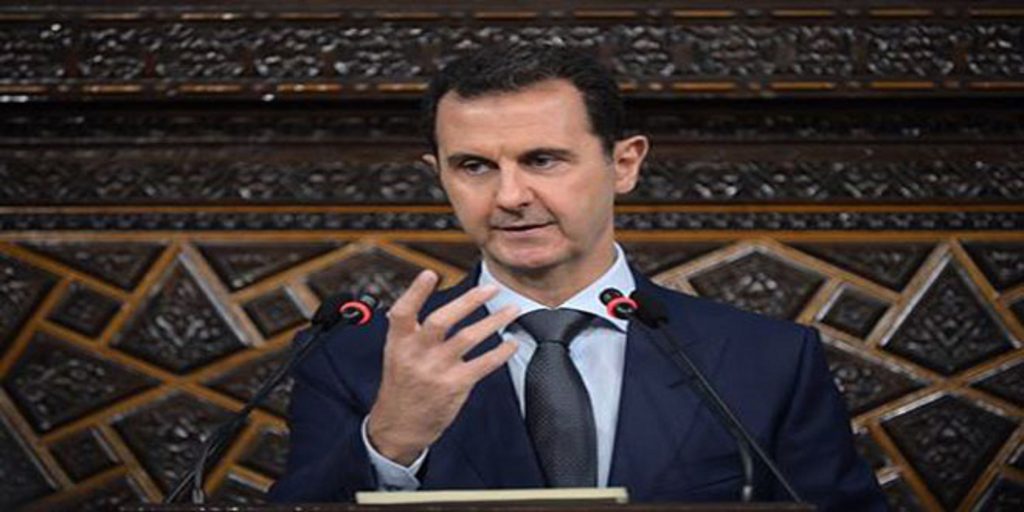
Iranian influence is entrenched in Syria and inside the Assad regime itself. Both Moscow and Tehran are fully aware that any political or military confrontation they may have in the areas controlled by the Syrian regime would be detrimental to their interests. As US relations with Russia remain stagnant and Washington increases pressure on Iran, both Moscow and Tehran will continue to recognize that they would benefit more from cooperation rather than rivalry. Putin’s ultimate objective is to establish the rules of the game in Syria. However, the influential powers operating there have a lot at stake and will not surrender their prerogatives to Moscow while gaining nothing in return. Putin’s announcement, therefore, seems to be more of a political stunt and a notice to Iran that Moscow is ready to more forcefully assert its own influence in Syria over that of Tehran. Click here to read my latest blog.


 While the Iraqi premier is gradually consolidating power, he remains a prisoner of the ruling coalition that brought him to office, instead of independently making bold changes that alter Iraq’s political dynamics. If Abadi does not face his demons, sooner or later the US might lose its residual power in Iraq. My latest
While the Iraqi premier is gradually consolidating power, he remains a prisoner of the ruling coalition that brought him to office, instead of independently making bold changes that alter Iraq’s political dynamics. If Abadi does not face his demons, sooner or later the US might lose its residual power in Iraq. My latest 